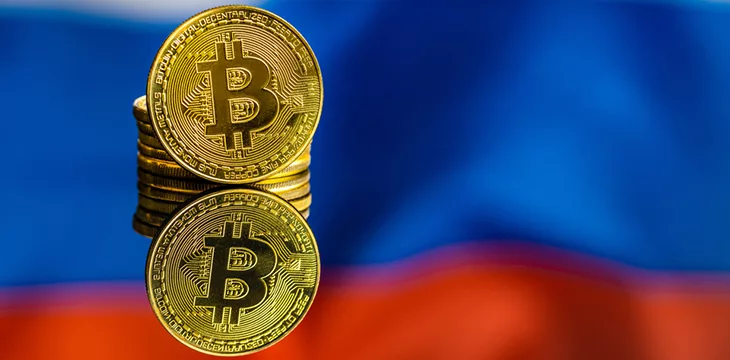Russia has reached a new milestone in its plans to leverage digital assets for cross-border transactions after the State Duma’s Financial Market Committee approved a second reading of a proposed bill.
In a report by Interfax, the committee approved the bill to proceed to second reading in the House of Commons after confirming several proposed amendments.
Part of the amendment bill states that “digital financial assets may be subject to agency rights in accordance with foreign trade agreements (contracts) concluded between residents and non-residents.”
Plans to use digital assets to settle cross-border transactions first emerged in late 2021, with lawmakers calling them digital financial assets (DFA). At the time, there were no grand ideas about using it for international trade. Rather, the main goal was to bring the asset class under formal supervision.
Russia has been exploring ways to leverage digital assets to settle international transactions due to sanctions imposed following its 2022 invasion of Ukraine. Economic sanctions have forced several payment service providers to blacklist Russia, shrinking the country’s economy by up to 5%.
To emphasize the point, SWIFT banned major financial institutions in Russia, while the country explored other payment alternatives, including central bank digital currencies (CBDCs) and stablecoins.
Plans are underway for a digital ruble with cross-border capabilities, but relying on digital assets for foreign trade appears to be the most promising for now.
Duma Financial Committee Chairman Anatoly Aksakov highlighted several benefits of using DFA in international trade, including sanctions circumvention and cost-saving benefits.
“The use of digital assets in foreign trade operations will help Russian importers and exporters cooperate more actively with friendly countries,” Aksakov said. He said, “I think the issue of sanctions pressure on our country can be resolved to some extent.”
Digital ruble presents a promising alternative
As Russian authorities seek new avenues to avoid suffocating sanctions, CBDCs offer a solution for the abandoned country. The Bank of Russia previously signed bilateral agreements with China and other BRICS countries and launched a study to explore the feasibility of deploying a digital ruble for cross-border trade.
“The topic of digital financial assets, digital rubles and cryptocurrencies is currently intensifying in society as Western countries impose sanctions and create problems with bank transfers, including international payments,” Aksako said in October.
Watch: Blockchain is the most secure way to make payments.
Are you new to blockchain? To learn more about blockchain technology, check out CoinGeek’s Blockchain for Beginners section, our ultimate resource guide.


